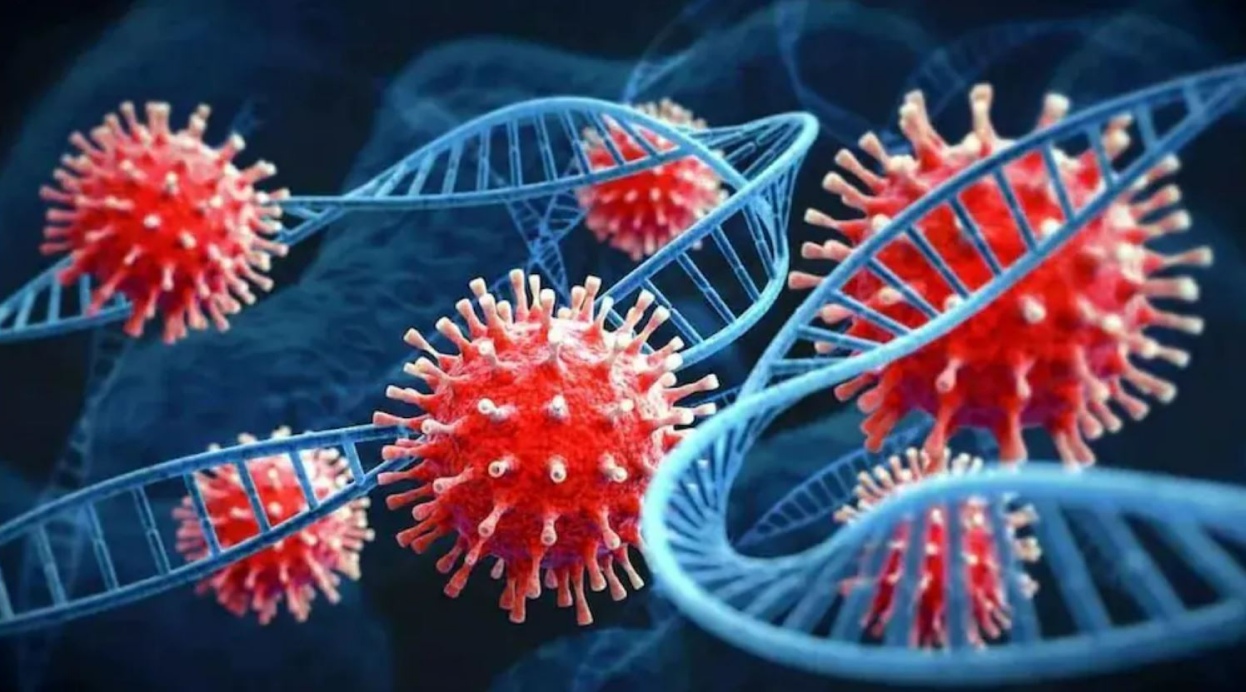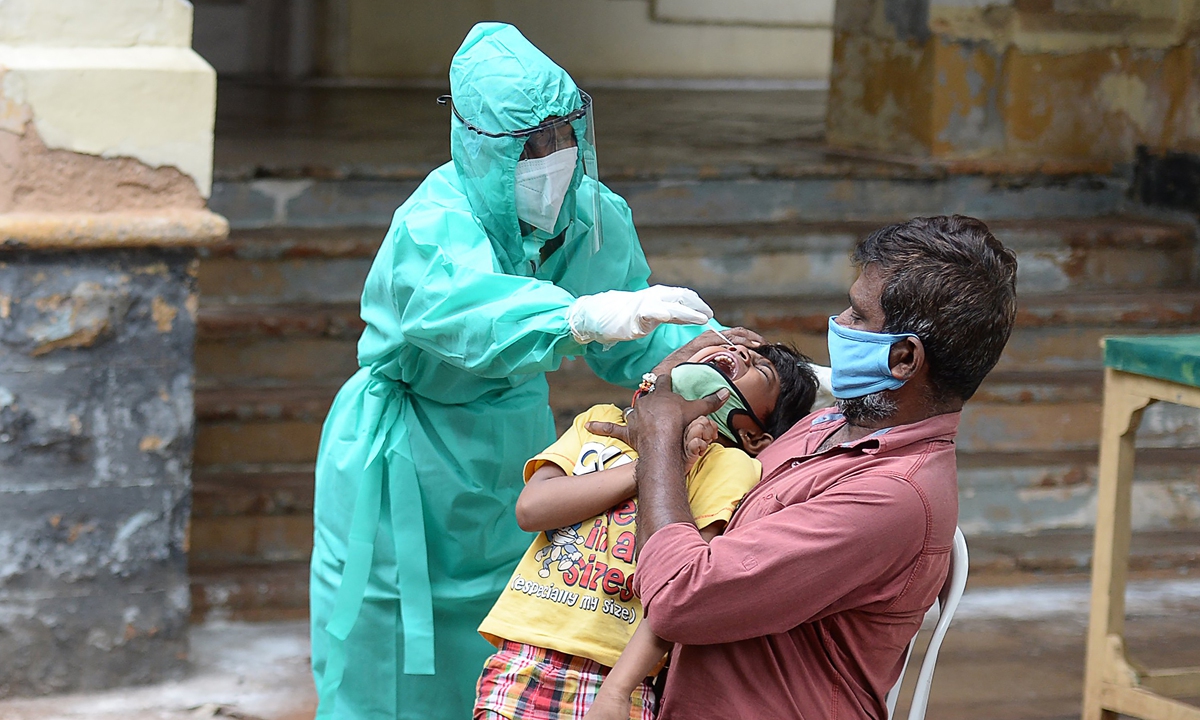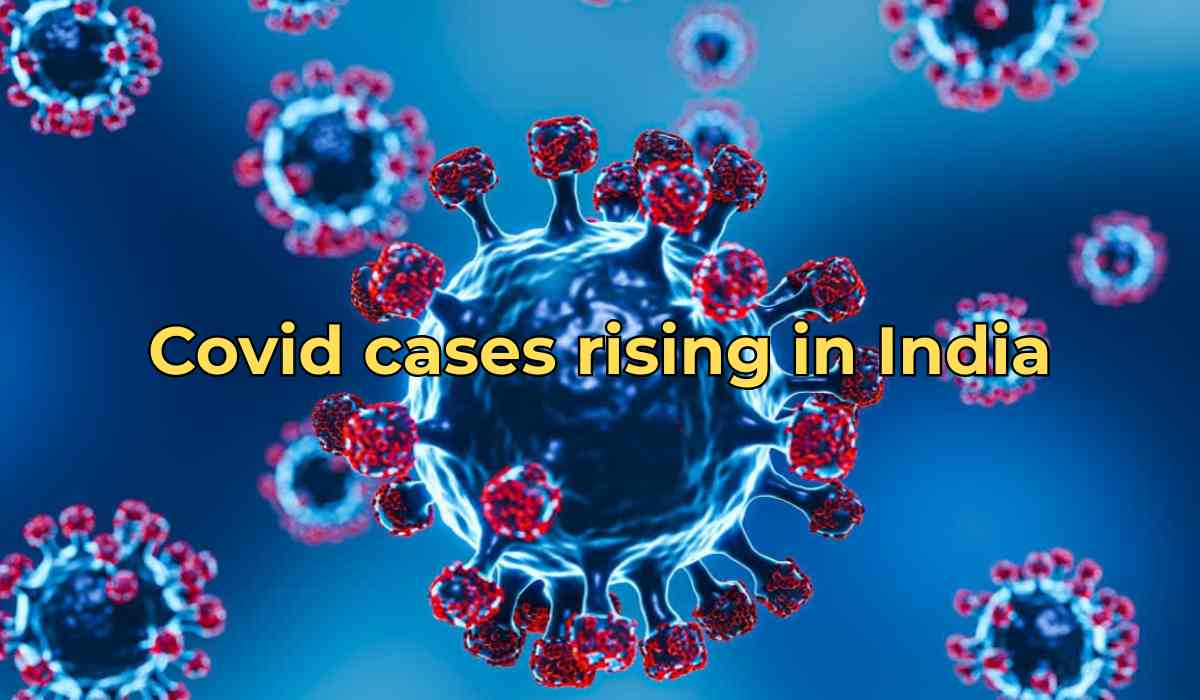India is once again facing a concerning rise in COVID-19 cases, with a gradual resurgence seen across several major cities and states, including Delhi, Mumbai, Bengaluru, Gurgaon, Kerala, Karnataka, Andhra Pradesh, Uttar Pradesh, and Haryana. While the overall number of active cases remains relatively low, the uptick in infections and the emergence of fast-spreading sub-variants of the Omicron strain—OF.7 and NB.1.8, both descendants of the JN.1 lineage—have prompted health authorities to tighten surveillance and reinforce safety advisories.

Current COVID-19 Situation Across Indian Cities and States
- Delhi
The national capital has reported 23 new COVID-19 cases in May—its first significant spike in almost three years. According to Health Minister Pankaj Singh, all patients exhibit mild, flu-like symptoms and are stable. Authorities have formed a special monitoring team and directed hospitals to ensure readiness in terms of bed availability, oxygen supply, and medicine stocks. Genome sequencing of positive cases has resumed, and hospitals are submitting daily COVID-19 reports to central health agencies.
- Mumbai
In Maharashtra, Mumbai is leading the rise with 95 COVID-19 cases reported in May, accounting for the bulk of the state's 106 cases since January. Sixteen patients have required hospitalization. Transfers from KEM Hospital to Seven Hills Hospital are in progress to manage case loads and curb further spread. Health authorities have mandated COVID-19 testing for all cases of Severe Acute Respiratory Infection (SARI) and Influenza-Like Illness (ILI).
- Bengaluru and Karnataka
Bengaluru, the tech hub of India, has seen 32 out of Karnataka’s 35 active cases, including a nine-month-old baby currently receiving treatment at Vani Vilas Hospital. Over the last 20 days, infections have steadily increased. Vulnerable groups such as the elderly, pregnant women, and people with chronic health issues are being urged to strictly adhere to COVID-appropriate behavior (CAB).
- Gurgaon and Haryana
In Haryana, four new COVID-19 cases have been reported—two each in Gurgaon and Faridabad. All patients have mild symptoms and no history of international travel. They are under home quarantine and being monitored by medical teams. Health Minister Arti Singh Rao emphasized that while the situation is manageable, the government is closely monitoring developments. Preparedness levels have been heightened across the state's hospitals.
- Kerala
Kerala has emerged as the most affected state, recording 273 new COVID-19 cases in May. Health Minister Veena George stated that early symptom detection and district-level surveillance have been stepped up. Wearing masks is now mandatory at hospitals, and the public is being advised to avoid non-essential travel. Authorities are particularly urging vigilance in densely populated urban centers like Thiruvananthapuram and Kochi.
- Andhra Pradesh
Andhra Pradesh has reported four new cases—three in Visakhapatnam and one in Kadapa. According to Health Minister Satya Kumar Yadav, the state health system is fully prepared. Local health units have been placed on alert, and testing kits have been stocked adequately.
- Uttar Pradesh
In Uttar Pradesh, four new cases have emerged in Ghaziabad, particularly in the Trans-Hindon region. District Surveillance Officer Dr. R.K. Gupta confirmed that three of the patients are under home isolation while one is being treated at a private hospital. Contact tracing and area-wide surveillance have been initiated to prevent further transmission.

Why Are COVID-19 Cases Rising Again?
According to experts, the resurgence is driven by a combination of factors:
-
Waning Immunity: Most people who were infected or vaccinated in the earlier waves are now experiencing reduced immunity, making them vulnerable to new infections.
-
Emerging Sub-Variants: The OF.7 and NB.1.8 sub-variants, descendants of Omicron JN.1, are more transmissible than previous strains. Though currently not classified as "variants of concern" by the World Health Organization, their rapid spread has placed them under global scrutiny.
-
Relaxed Public Behavior: Post-pandemic fatigue has led to decreased mask usage, crowding in public spaces, and low booster vaccination uptake.
-
Summer Weather Impact: The extreme summer has also been cited as a factor that facilitates viral transmission in enclosed or poorly ventilated spaces.
-
Social Gatherings and Travel: Increased socializing and domestic travel in cities like Delhi, Mumbai, and Bengaluru has added to the spread.
Symptoms of the Current COVID-19 Wave
The current infections, mostly due to JN.1 and its sub-variants, present with mild symptoms in most patients. However, the vulnerable population—elderly and immunocompromised—may experience complications. Common symptoms include:
-
Mild to high fever
-
Sore or dry throat
-
Persistent cough
-
Body ache and fatigue
-
Runny nose
-
Mild diarrhea
-
Occasional shortness of breath
-
Headaches
-
Vomiting tendency
Notably, the loss of smell and taste—a hallmark symptom of the Delta wave—has not been observed in the current cases.
Government and Health Ministry Guidelines
To contain the spread, the Union Health Ministry has issued updated advisories for the public and local administrations:
-
Mandatory masking in crowded and enclosed spaces.
-
Avoid non-essential travel, especially if symptomatic.
-
Prompt testing for individuals exhibiting symptoms.
-
Regular hand hygiene using soap and sanitizers.
-
Booster vaccinations, particularly for high-risk groups.
Hospitals have been instructed to:
-
Ensure availability of beds, oxygen, and essential medications.
-
Send samples for genome sequencing.
-
Maintain and submit daily surveillance data.
Caution Without Panic
While the rise in COVID-19 cases across Delhi, Mumbai, Bengaluru, Gurgaon, Kerala, Karnataka, Andhra Pradesh, Uttar Pradesh, and Haryana is not yet alarming in terms of numbers, it underscores the need for sustained vigilance. The lessons of past waves are clear: early detection, public cooperation, and healthcare preparedness are key to preventing another large-scale outbreak.
Doctors and health experts across India urge citizens not to panic but to stay informed, get vaccinated, and adopt basic protective behaviors. The current COVID-19 wave may be mild for most, but for the vulnerable, it still poses a significant risk.
With inputs from agencies
Image Source: Multiple agencies
© Copyright 2025. All Rights Reserved Powered by Vygr Media.






















